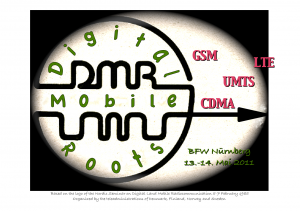
The team organising the jubilee event of the pioneers of mobile communication
in Nürnberg under the motto
"The Future Of Mobile Communication Began (not only) in Nürnberg"
comments can be sent to the following e-mail address (this is not a link, in order to prevent automatic spam; the address needs to be typed):

Website by Simple2Web.ie.